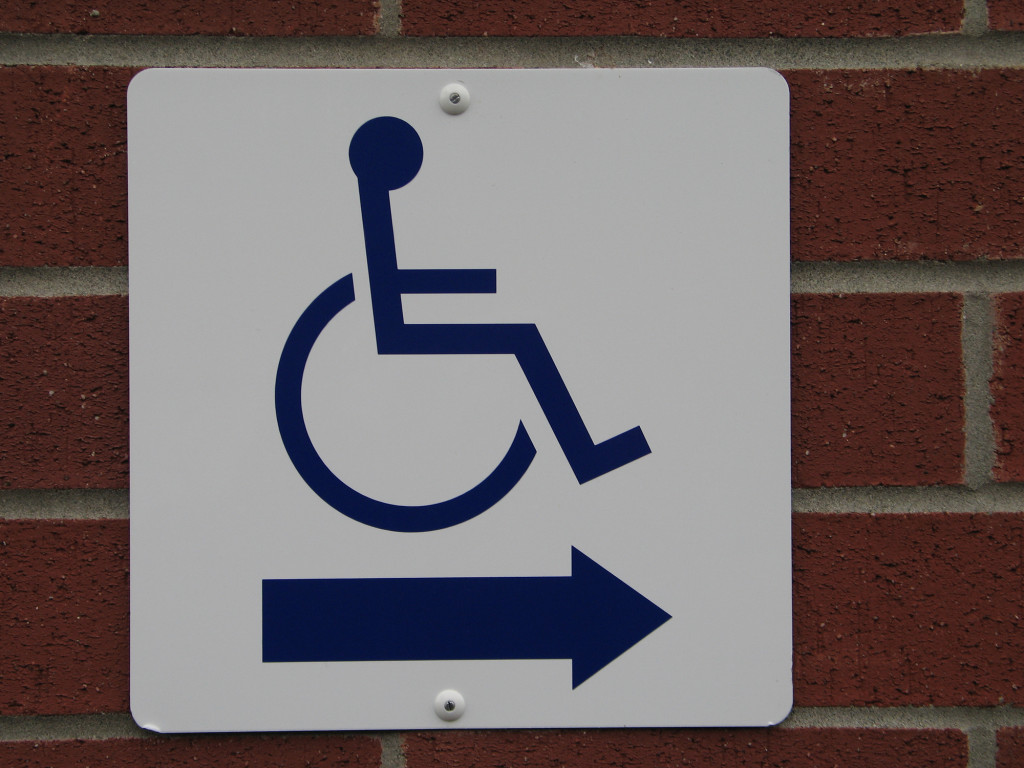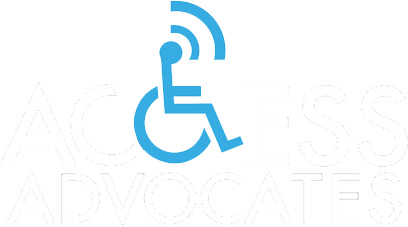 Today, people pass by wheelchair ramps or special parking spots for the people with disabilities and never bat an eye, but 25 years ago that was simply not the case. July 25, 2015 marked the 25th anniversary of the Americans with Disabilities Act. The act shifted focused from what Americans with disabilities cannot do to what they can accomplish. It defined a disability as an impairment that substantially limits one or more major activity. While the ADA has not erased stereotypes, it broke many legal barriers and made greater strides toward more fulfilling lives for those with disabilities.
Today, people pass by wheelchair ramps or special parking spots for the people with disabilities and never bat an eye, but 25 years ago that was simply not the case. July 25, 2015 marked the 25th anniversary of the Americans with Disabilities Act. The act shifted focused from what Americans with disabilities cannot do to what they can accomplish. It defined a disability as an impairment that substantially limits one or more major activity. While the ADA has not erased stereotypes, it broke many legal barriers and made greater strides toward more fulfilling lives for those with disabilities.
Those with disabilities now benefit from roomier restroom stalls in hotels, restaurants, and libraries, curved curbs allowing easier access to sidewalks, lowered drinking fountains, and lifts on buses. Children with disabilities can now enjoy playgrounds alongside their non-disabled peers. New technological advances have made it easier for those suffering from diminished sight and hearing to communicate.
In 2008, the Act expanded to broaden the definition of a disability. Today, the ADA Amendments Act now includes protection for those with amputations, intellectual disabilities, cancer, HIV or AIDS, epilepsy, diabetes, and muscular dystrophy. By 2010, studies showed that children with disabilities were finally graduating high school at the same rate as their peers. In addition, in 2012 hotels were required to add lifts and accessibility options to their pools allowing all Americans to enjoy their comforts.
Although the Americans with Disabilities Act has brought many advancements, there is still significant room for improvement. In fact, it has been estimated that over 90% of publicly accessible buildings in the United States still did not meet ADA compliance standards. As the ADA continues to be amended, it is important for all Americans to understand the law and make continuous strides for equality. For more information on the ADA and compliance issues, contact us. At Access Advocates, we firmly believe in the ADA and the rights of all Americans to have access to public buildings and services.
